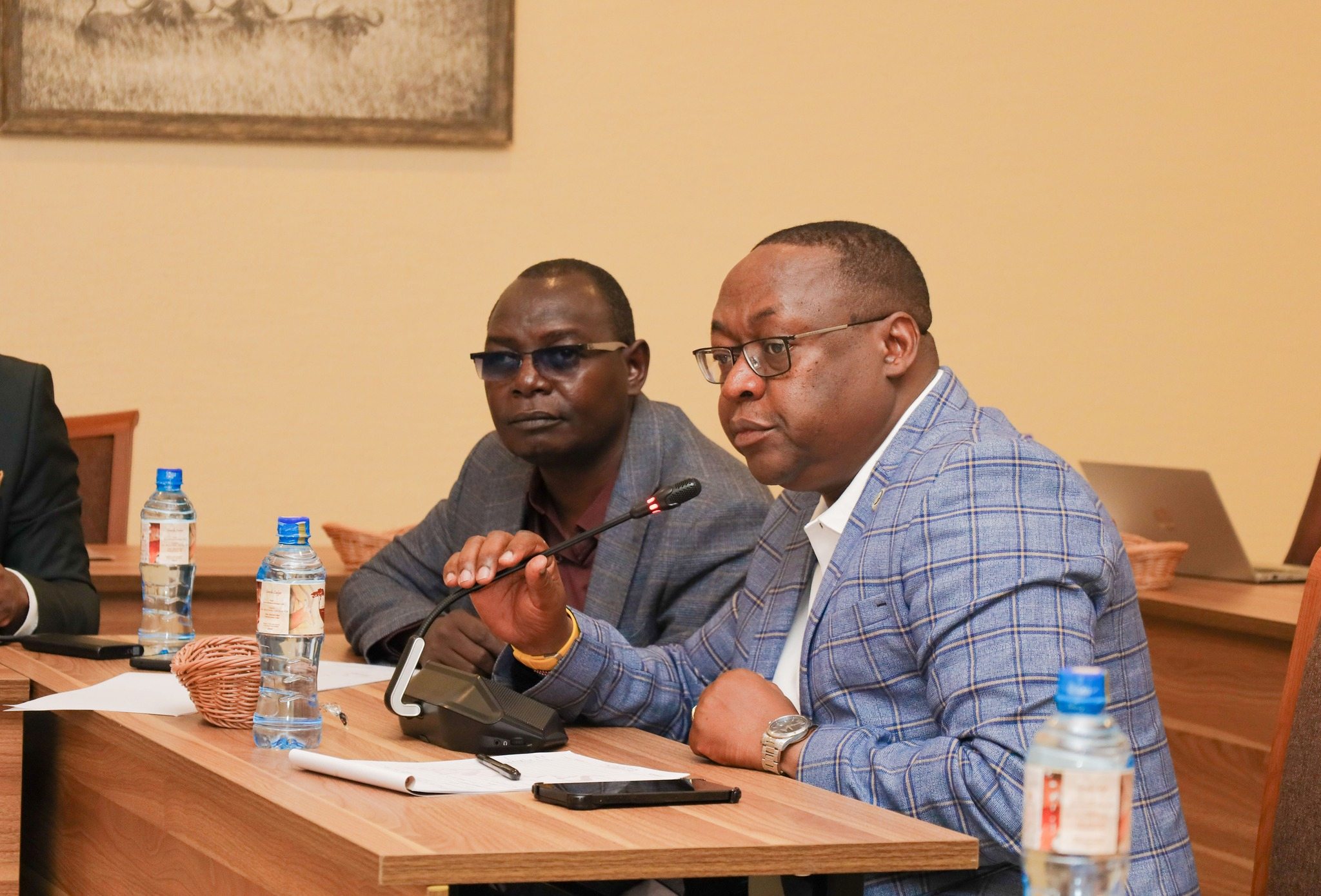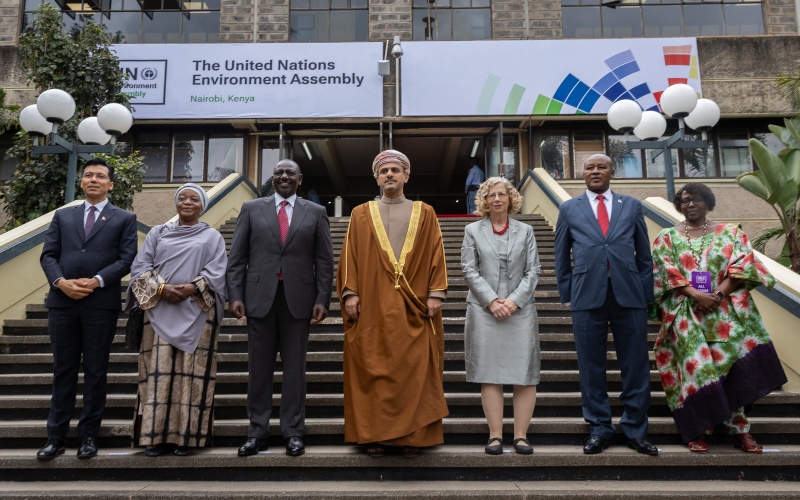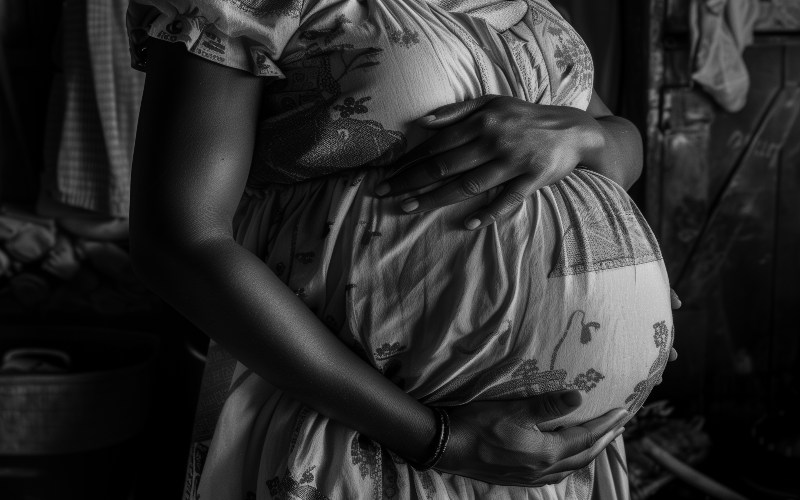Deputy governors demand Sh600 billion for counties to boost devolution

The governors argue that the proposed allocation of Sh405.1 billion falls short of the constitutional threshold and threatens to stall essential services and grassroots development.
Deputy governors have urged the National Government to allocate at least Sh600 billion to county governments in the upcoming financial year, warning that underfunding continues to cripple devolution efforts.
The governors argue that the proposed allocation of Sh405.1 billion falls short of the constitutional threshold and threatens to stall essential services and grassroots development.
More To Read
- Senate’s handling of Nyaribo impeachment raises questions on oversight role, procedures
- Senate targets KEMSA in plan to turn devolved institutions into executive agencies
- Why City Hall moved hospital accounts to Sidian Bank- Sakaja
- Bomet, Homa Bay, Kirinyaga among counties with highest hiring imbalances - report
- Senate flags 24 State agencies still performing county functions
- Court nullifies Agriculture Ministry tender to lease Bachuma Livestock Station
Speaking during a public participation forum on the Finance Bill 2025 held at Machakos University, Deputy Governors’ Forum Whip Francis Mwangangi said the government must commit to strengthening devolution by respecting the revenue-sharing provisions in the Constitution.
“To ensure development across the country, it’s clear from the people that the national government must adhere to the constitutional requirement that 15 per cent of national revenue should go to counties to enhance devolution,” Mwangangi, who is also the Deputy Governor of Machakos County, said.
The public forum was organised by a local vernacular radio station to sensitise Kenyans on the Finance Bill 2025, which is under parliamentary consideration.
Mwangangi said citizens are not outrightly rejecting the Finance Bill, but are concerned about whether the taxes they pay will translate into meaningful services.
“It’s important to note that citizens are not rejecting the Finance Bill — they are only concerned about the services their taxes will deliver,” he said.
He called for fiscal transparency and integrity at both the national and county levels to ensure that allocated resources are not lost to mismanagement.
“Leadership at the national level must be accountable to the Kenyan people and enhance mechanisms to fight corruption and restore confidence in public institutions,” he added.
Mwangangi insisted that any serious budget must prioritise sectors with high potential for employment and poverty reduction.
“The Finance Bill, 2025 must prioritise injecting more money into key sectors of the economy with a huge potential for creating opportunities that will improve the lives of Kenyans,” he said.
With the National Treasury projecting a total shareable revenue of Sh2.835 trillion in the 2025/26 financial year, Mwangangi said county governments should receive nothing less than Sh600 billion to reflect the principles of equitable development.
“Therefore, with a proposed budget of over Sh4 trillion, in the spirit of devolution, county allocations should be approximately Sh600 billion or more to realise the true transformation envisioned by the architects of the 2010 Constitution,” he said.
Currently, counties are expected to receive Sh405.1 billion as an equitable share and an additional Sh69.8 billion in conditional and supplementary allocations, bringing the total allocation to approximately Sh474.9 billion.
Article 203 of the Constitution mandates that counties receive no less than 15 per cent of the revenue collected by the national government, based on the most recent audited accounts approved by the National Assembly.
This is formalised each year through the County Allocation of Revenue Bill.
Governors had cited Kenya’s projected economic growth of 5.3 per cent and a growing shareable revenue base, expected to hit Sh2.8 trillion in 2025/26, as justification for a higher allocation to counties. They argued that the current resource allocation framework fails to reflect the country’s improved fiscal space and growing revenue.
“The resource allocation framework does not reflect the country’s improved fiscal space,” Kakamega Governor Fernandes Barasa, who also chairs the Finance, Planning, and Economic Affairs Committee, said.
Barasa highlighted that while ordinary revenue has increased from Sh1.8 trillion to Sh2.6 trillion over the last five years, with further projections of growth, the counties’ equitable share has only risen by Sh70.9 billion. In comparison, the national government’s share has grown by Sh702.6 billion during the same period.
“This trend is inequitable and unsustainable,” Barasa added.
Governors also raised concerns about non-discretionary expenditures being passed down to counties through national government policy shifts. These include the doubling of NHIF contributions beginning in February 2025, the rollout of Universal Health Coverage, and funding for national priority programmes such as affordable housing, conservation efforts, and community health promoter compensation.
They argued that counties have been burdened with implementing these programs without corresponding financial support, especially after a Sh14 billion budget cut in the 2024/25 fiscal year.
Top Stories Today













































